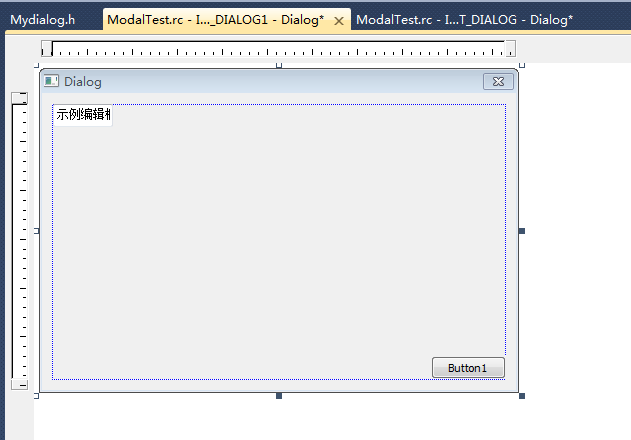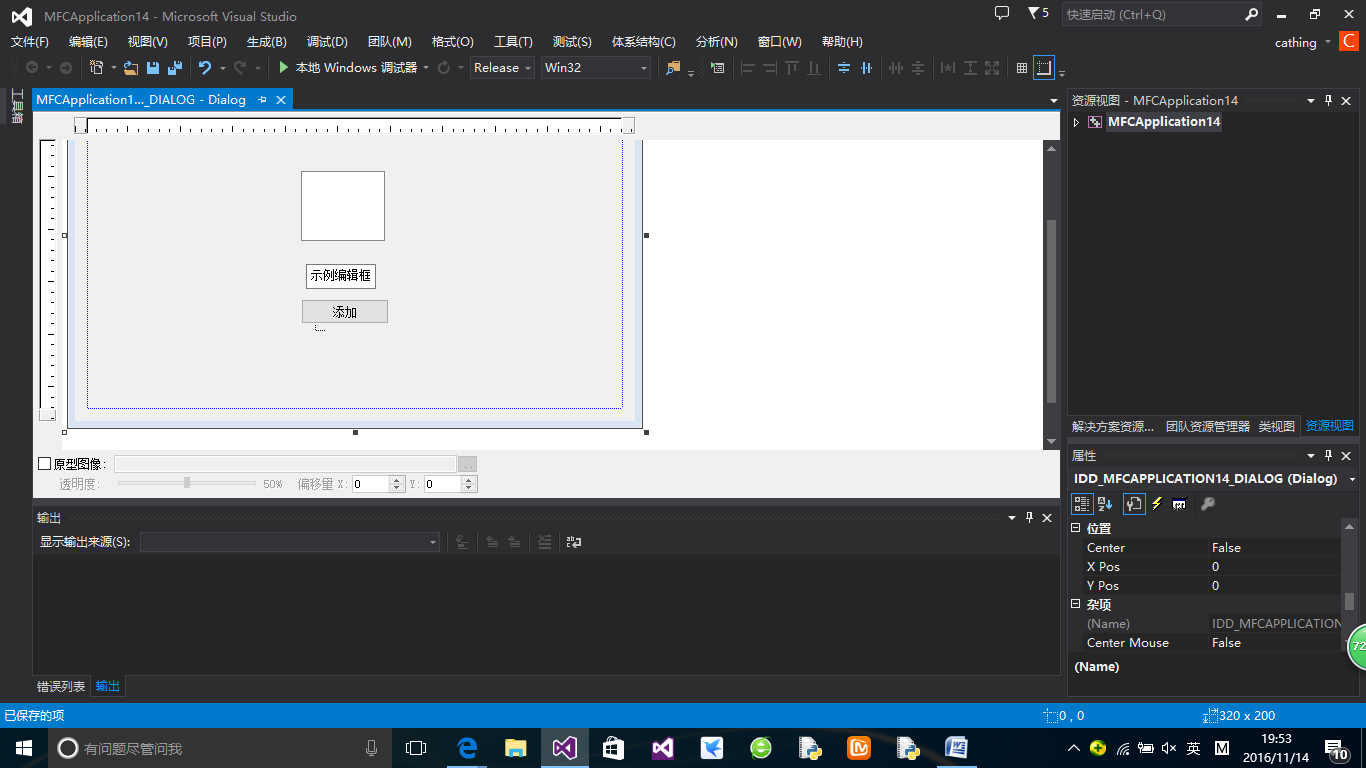

The above is with the previous rows on the table stripped out. I assume your linked article is incorrect as GetWindowText does not return a CString.īy the way, with Visual Assist (a third-party extension) it shows the options correctly for Intellisense:īy the way, you may find this article useful ( Dialog box controls and variable types). If you do decide to map to a CEdit (a Control instead of a Value) then as you found out: // Get the value from the control This way we use our mapped CString to the EDIT control This way you get the current text value from the edit control, without even creating a CEdit control member variable This shows both: void CTestDialogDlg::OnBnClickedButton1() Or, you can use GetDlgItemText if you want to just get the value directly from the control, and avoid creating a variable. This creates the DDX_Text entry that was referred to in the comments: void CTestDialogDlg::DoDataExchange(CDataExchange* pDX) If you select Value, then you can map it to a CString: When you add a EDIT control to a dialog, and you go to map it to a variable, you have two choices: Read text from edit control in MFC and VS2010 You can then retrieve the text in the edit box like this:ĬString filePath1 = m_EditCtrl.GetWindowText() error C3867: 'CWnd::GetWindowTextW': non-standard syntax use '&' to create a pointer to member error C2661: 'CWnd::GetWindowTextW': no overloaded function takes 0 argumentsĬString foostring= edit_name.GetWindowTextW details given except the object's blurb textĬString foostring= edit_name.GetWindowTextW() IDE shows error squiggle at dot "name.GetWi" with no pop-up CWnd::HiliteMenuItem: Highlights or removes the highlighting from a top-level (menu-bar) menu item. CWnd::HideCaret: Hides the caret by removing it from the display screen. CWnd::GetWindowTextLength: Returns the length of the window's text or caption title. Void CSendMessageWithActualDataDlg::DoDataExchange(CDataExchange* pDX)ĭDX_Control(pDX, IDC_EDIT_NAME, edit_name) CWnd::GetWindowText: Returns the window text or caption title (if it has one). The return value is the number of characters copied, not including the terminating null character.My code: //the auto generated stuff (by right-click on editbox add variable to control option) If( SUCCEEDED( hr ) || hr = STRSAFE_E_INSUFFICIENT_BUFFER ) If our text is greater in length than cchDest - 1, the function will truncate the text and HRESULT hr = StringCchCopyExW( pDest, cchDest, text.GetString(), &pDestEnd, nullptr, 0 ) cchDest defines the maximum number of characters to be copied, including the terminating null character. Using StringCchCopyExW() to make sure that we don't write outside of the bounds of the pDest buffer.

int CMyEdit::OnGetText( int cchDest, LPWSTR pDest ) Now comes the actual handler for WM_GETTEXT which copies the transformed text to the output buffer. For simplicity I just enclose the text in dashes.

Anything would be possible here, including the example of converting between hex and dec. The following method gets the original window text and transforms it. Len = DefWindowProcW( WM_GETTEXT, len + 1, reinterpret_cast( text.GetBuffer( len ) ) ) WPARAM = len + 1 because the length must include the null terminator. LRESULT len = DefWindowProcW( WM_GETTEXTLENGTH, 0, 0 ) For this we can directly call the default window procedure which is named DefWindowProc: CStringW CMyEdit::GetTextInternal() Add message map entries for WM_GETTEXT and WM_GETTEXTLENGTH to your derived CEdit class: BEGIN_MESSAGE_MAP( CMyEdit, CEdit )Īs we are overriding these messages we need a method of getting the original text of the edit control without going into endless recursion.


 0 kommentar(er)
0 kommentar(er)
